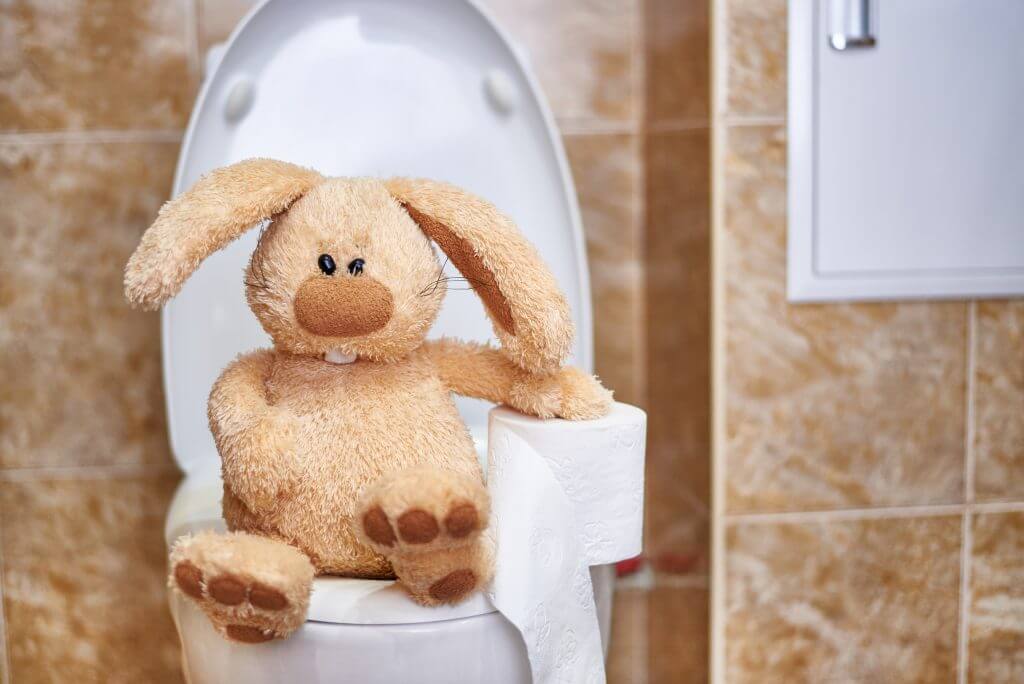How to Help an Adult with Toileting

Helping an Adult with Toileting
Seniors that have a chronic illness or are at a home hospice care will sometimes need assistance in toileting from their caregiver. There are many safety measures given when having to help a senior with toileting.
Some basic tips for how to better help an adult: would be to never lift your senior, hold their hips for balance, always use knees when lifting for reducing back injuries.
Some essential needed
Usually, the main essentials are needed to help an elderly use the bathroom consist of:
-Gloves
-bedpan with cover
-Bed protector
-Laundry bag
-Toilet paper
-Pads
-Towels
This will ensure that if there is an accident that you’re all set with these handy items. It doesn’t always go as planned and sometimes the senior may be inpatient and may cause an accident.
Communicating properly with your senior
Before having to help make sure to communicate clearly to your senior. It is best for them to know exactly what you’re wanting from them and vice versa. This will better help the toileting methods used and would make it less awkward for the senior.
In order to make it to the bathroom safe, ask your senior to take their time in walking towards the restroom, from there you may ask them to slowly turn to angle their sitting position easier.
Here are a few tips on how to properly sit your senior.
Make sure to ask them to bend over a little as they start to sit down, your hands should hold them in place, making sure to bend your knees while they’re sitting.
Help them by passing the toilet paper or wet wipes if they need or you can clean it if they cannot do it themselves. Help them in cleaning and washing their hands and yours too.
Ask them if they can use the restroom or wanted to use a bedpan. Help them for Bedpan in case they are comfortable with it.
Perineal Care
Perineal care refers to the cleaning of the genital area. Cleaning the genital area for an elderly could be very uncomfortable for the senior. It is important to properly clean the area and give them the privacy the need as well.
It is important to use gloves while in the process due to becoming in contact with body fluids. Having everything cleaned and sanitizing yourself would be a good idea afterwards.
Perineal care is also referred when bathing the elderly. One has to make sure to clean their skin properly from infections and funguses.
A lot of elderly people have a lot of dignity when it comes doing everyday activities alone. They want to be able to function properly without any help from their kids. In most cases a lot of elderly will need assistance including toileting but are too embarrassed or feel uncomfortable.
It is important to know how to properly care for your elderly parent when it comes to toileting.
For information regarding hospice care or palliative care, feel free to reach out to us at your preferred time.
Recommended Reading:
SAHARA HOSPICE CARE
140 Eldridge Rd Suite B 1, Sugar Land, TX 77478
Phone: (281) 313-0085
https://saharahospicecare.com//
